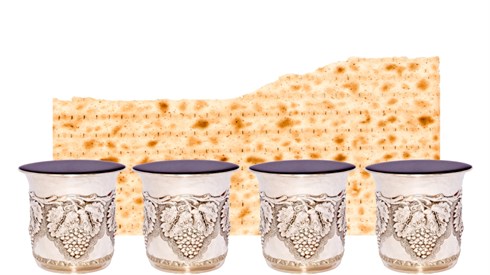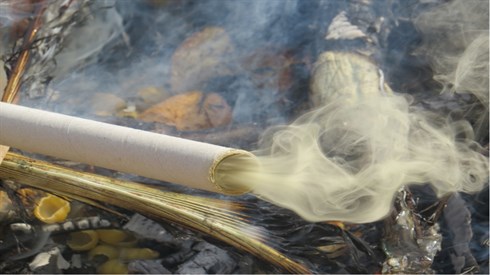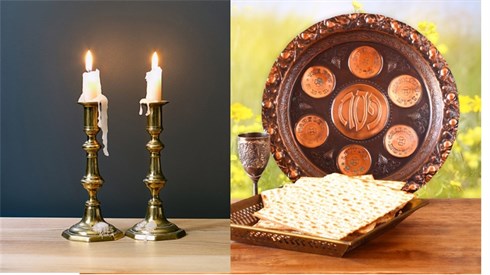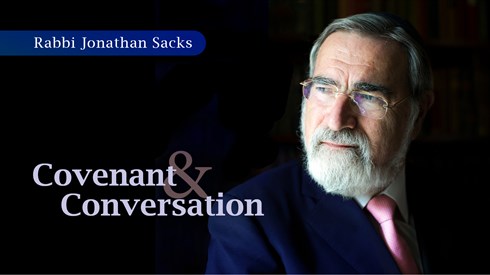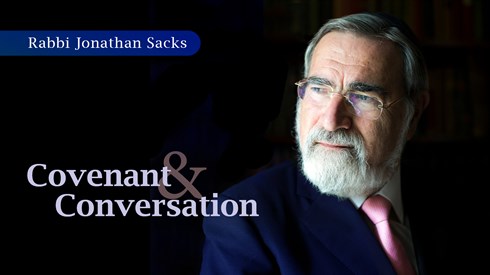Jewish Holidays
Text size
-
 7. Are Women Obligated to Hear Parashat Zakhor?
7. Are Women Obligated to Hear Parashat Zakhor?
According to most poskim, women are not obligated in the mitzva of remembering Amalek, because this mitzva is connected to the mitzva of annihilating Amalek. -
 6. Parashat Zakhor
6. Parashat Zakhor
The Sages instituted the reading of Parashat Zakhor once a year in order to fulfill the Torah commandment to remember and not forget the evil deeds of Amalek. -
 5. The Mitzva to Wipe Out Amalek
5. The Mitzva to Wipe Out Amalek
The mitzva to destroy Amalek is primarily incumbent upon the people of Israel as a whole. Indeed, the Sages taught that the people of Israel were commanded to fulfill three mitzvot upon entering Eretz Yisrael -
 4. The Three Mitzvot Concerning the Obliteration of Amalek
4. The Three Mitzvot Concerning the Obliteration of Amalek
Three mitzvot in the Torah relate to Amalek. The first is a positive commandment to remember what Amalek did to us. . The second is a negative commandment not to forget what Amalek did to us. The third is a positive commandment to eradicate Amalek’s offspring from the world. -
 2. The Four Parshiyot
2. The Four Parshiyot
The Sages instituted the public reading of four Torah passages (parshiyot) in addition to the weekly Torah portion: Parashat Shekalim, Parashat Zakhor, Parashat Para, and Parashat Ha-ĥodesh. -
 3. Leap Years and the Added Month of Adar
3. Leap Years and the Added Month of Adar
It is well known that the Jewish months are fixed by the lunar cycle, whereas years follow the solar cycle, because Pesaĥ must always be in the springtime. In order to keep the lunar months in sync with the solar year, leap years, in which an extra month is intercalated, must be declared occasionally. -
 1. When Adar Arrives We Increase Our Joy
1. When Adar Arrives We Increase Our Joy
The Sages said, “When Av arrives we curtail [our] joy, and when Adar arrives we increase [our] joy”. In saying this, the Sages teach us that nothing happens by chance and that every season has its own character and nature. -
 16. Fields and Vehicles
16. Fields and Vehicles
The poskim disagree about whether the obligation to light Ĥanuka candles is limited to the home. Some argue that the Sages ordained that only one who has a home must light candles. Others maintain that even one who does not have a home must light candles wherever he is. -
 15. Hospital Patients
15. Hospital Patients
A patient in a hospital is still obligated to light Ĥanuka candles. However, if he is married, he fulfills his obligation through his spouse’s lighting at home. -
 14. Hotels
14. Hotels
People staying in a hotel must light Ĥanuka candles. It is best to light in one’s hotel room. If the hotel management does not permit guests to light candles in their rooms, then since there is no alternative one should light in the dining room.
Keep Reading...
<
3635343332
>





